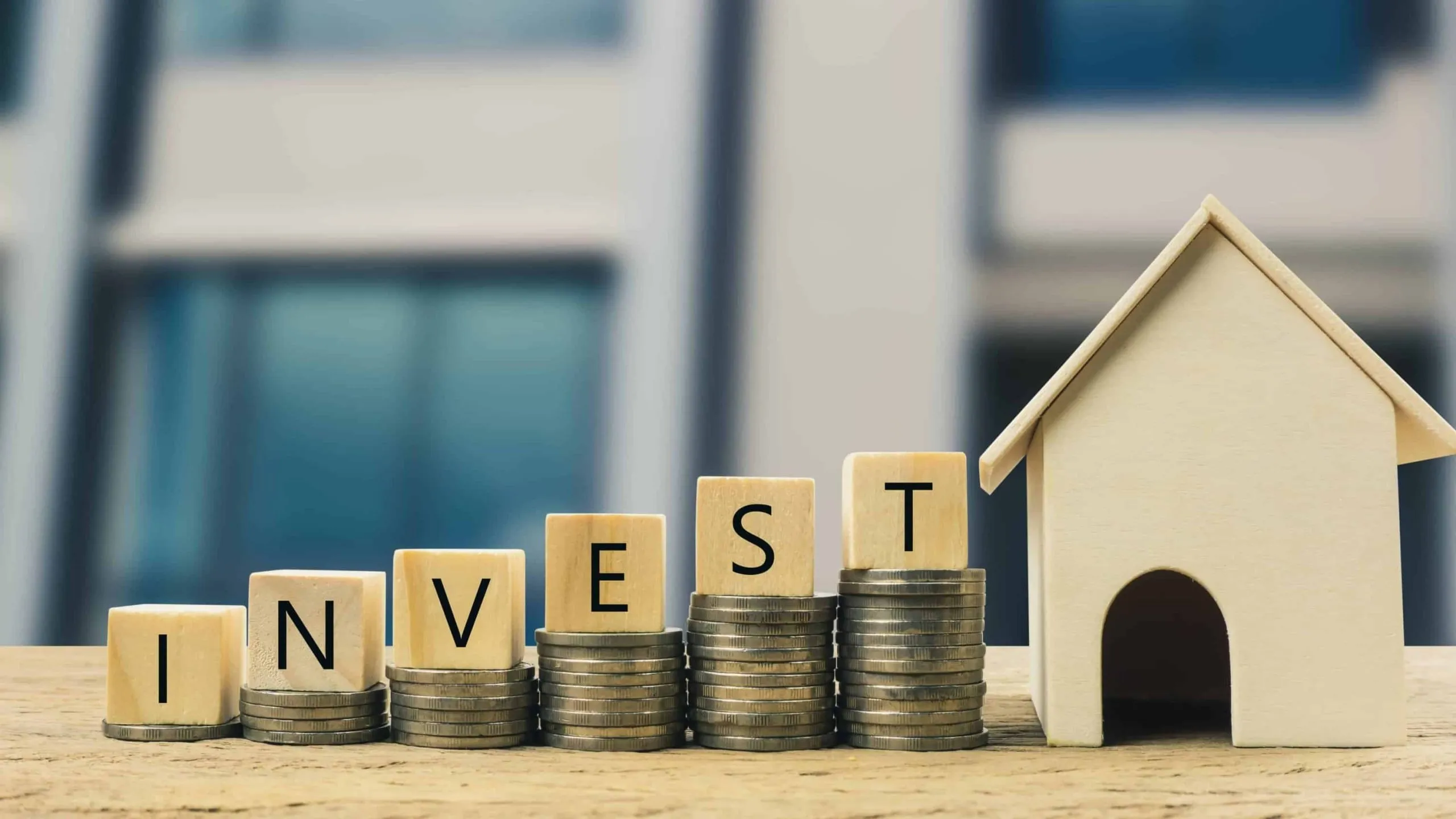There are significant differences between renting and owning property that impact your financial situation, lifestyle, and long-term goals. Renting a home generally involves fewer responsibilities than owning a home, as renters are not burdened with home maintenance, property taxes, or homeowners insurance. This makes renting a home a more flexible option, especially for those who value mobility or are uncertain about their long-term plans. Monthly rent payments are typically predictable and outlined clearly in lease terms, often including some utilities or renters insurance, which can simplify budgeting.
On the other hand, owning a home requires a substantial upfront investment, including a down payment, closing costs, and ongoing monthly mortgage payments. While these monthly mortgage payments may sometimes be higher than rent payments, owning a home allows you to build equity over time—a financial benefit not available to renters. Additionally, homeowners pay property taxes and homeowners insurance, and are responsible for all the repairs and maintenance costs, which can be significant and unpredictable.
The total cost of homeownership often exceeds monthly rent due to these additional expenses, but owning a home can make more financial sense in the long run, especially if housing prices rise and you remain in the property for several years. Homeowners may also benefit from tax benefits, such as mortgage interest deductions and property tax deductions, which can help offset some costs.
Renting offers the advantage of fewer upfront costs, such as security deposits instead of down payments, and renters insurance is usually less expensive than homeowners insurance. Renters also avoid the risk of property value fluctuations and the responsibility of home maintenance, as landlords typically handle all the repairs.
In summary, the choice between renting and owning depends on various factors including your monthly budget, willingness to handle home maintenance, desire to build home equity, and your flexibility needs. Renting provides more freedom and less financial risk, while owning a home offers the potential for long-term financial gains and stability, despite higher upfront costs and ongoing maintenance responsibilities.

A common misconception about renting is that you're simply throwing money away each month. This couldn't be further from the truth. Renting a home provides predictable monthly costs, making it easier to manage your monthly budget without the surprise expenses that often come with homeownership. While renters don't build equity like homeowners, not all monthly mortgage payments go toward equity either, and renting can still make more financial sense for many.
Rent payments are clearly outlined in your lease terms, giving you a consistent payment each month. In some cases, your landlord may include additional costs such as utilities, storage, or homeowners association (HOA) fees within your rent, simplifying your total monthly costs. Renters also benefit from the flexibility to move at the end of their lease, which is ideal for those who value mobility or anticipate changes in their personal or financial situation.
Another benefit of renting is avoiding maintenance costs and unexpected repairs, as landlords are typically responsible for all the repairs and upkeep. This means renters are spared from paying for costly home improvements or emergency fixes, which can add up significantly on an annual basis.
However, renters should be aware that rent increases can occur when leases are renewed, especially in areas experiencing rent growth. Rent control or rent ceilings in some locations can limit these increases, providing additional financial predictability. It’s also important to consider that landlords may decide to sell the property or convert it to condos, which could require renters to move unexpectedly.
Overall, renting offers a unique set of advantages including lower upfront costs, more financial predictability, and freedom from maintenance responsibilities. For many, renting is a smart personal choice that balances financial flexibility with housing needs, especially in today’s rising rent environment and fluctuating mortgage rates.
Owning a home offers both tangible and intangible benefits that renting cannot match. When you own your home, you have the freedom to customize and make home improvements to suit your lifestyle and preferences. This sense of control often brings stability and pride of ownership, making it a valuable investment in your personal and financial future.
However, it's important to understand the common misconceptions about homeownership. While owning a home can be a good investment, it also comes with significant responsibilities and costs. Real estate is an illiquid asset, meaning you may face challenges selling your home quickly or at your desired price, especially if the housing market is down. Additionally, selling a home involves substantial transaction costs.
The total cost of owning a home often exceeds renting due to various expenses that renters typically avoid. These include property taxes, homeowners insurance, and maintenance costs such as pest control, trash pickup, water and sewer service, tree trimming, and pool cleaning if applicable. Some areas may also require lender-mandated flood or earthquake insurance.
Mortgage payments usually include a large portion of interest in the early years, especially with a fixed rate mortgage. For example, on a 30-year home loan at 4% interest, it can take over a decade before more of your monthly mortgage payment goes toward building home equity rather than interest. Although mortgage interest is often tax-deductible for homeowners who itemize, these costs add up.
Unexpected repairs, like a leaking roof or other home maintenance, can also create financial surprises. For instance, replacing a roof can cost upwards of $12,000, and such expenses may not be covered by homeowners insurance.
Despite these challenges, owning a home can make more financial sense over time, especially in cheaper areas where home prices may appreciate steadily. It also offers tax benefits for homeowners that renters do not receive, contributing to long-term wealth building. Understanding these benefits and costs can help you make an informed decision about whether buying a home is the right choice for your financial situation and lifestyle.

Understanding the main differences between renting and owning is essential when deciding which option suits your lifestyle and financial goals. Renting typically involves lower upfront costs, such as a security deposit instead of a down payment, and predictable monthly rent payments outlined in lease terms. Renters usually avoid extra money expenses like property taxes, homeowners insurance, and maintenance costs, as these are often covered by the landlord. This setup offers more freedom to move and less responsibility for repairs, making renting an attractive choice for those valuing flexibility.
Owning a home, on the other hand, requires a significant home purchase investment, including a down payment, closing costs, and monthly mortgage payments. These monthly payments may be higher than rent but contribute to building home equity, a key financial benefit of owning a home. Homeowners also pay property taxes, homeowners insurance, and are responsible for all maintenance and home improvements, which can add to the total cost. However, owning a home can make more financial sense over time, especially with potential tax benefits for homeowners and the opportunity to benefit from rising housing prices.
Another important distinction is the stability and control that come with owning a home. Unlike renters who may face rent increases or the risk that a landlord sells the property, homeowners enjoy consistent payments with a fixed rate mortgage and the freedom to customize their living space. However, owning a home also involves other costs and risks, such as fluctuating interest rates and the illiquidity of real estate as an investment.
In summary, renting offers flexibility, lower upfront costs, and fewer responsibilities, while owning a home provides the potential for long-term financial gains, stability, and the ability to build equity. Your decision to rent or buy should consider these main differences alongside your personal financial situation and lifestyle preferences.

The decision to rent or own hinges on your individual financial situation, as well as your personal comfort and long-term goals. It's important to disregard common misconceptions—such as the belief that owning a home is always the better choice or that renting is simply throwing money away. Similarly, don't be swayed by claims that buying is automatically more advantageous just because your monthly mortgage payment is lower than your rent. Housing markets and personal circumstances vary widely, making it impossible to apply one-size-fits-all advice to this important decision.
Deciding whether renting or owning a home is better doesn't have a one-size-fits-all answer. The right choice depends heavily on your unique personal circumstances, including your financial situation, lifestyle preferences, and long-term goals. To make an informed decision, you need to carefully evaluate the benefits and drawbacks of each option in relation to your income, savings, and how you envision your living situation.
Renting offers flexibility and fewer upfront costs, making it appealing for those who prioritize mobility or are uncertain about their future plans. It provides predictable monthly expenses, often including some utilities and renters insurance, which can simplify budgeting. However, renting means you won’t build home equity, and you may face rent increases or the possibility of having to move if the landlord sells the property.
Owning a home, on the other hand, requires a substantial initial investment, including a down payment and closing costs, along with ongoing expenses such as mortgage payments, property taxes, homeowners insurance, and maintenance costs. Despite these higher costs, owning allows you to build equity over time and offers potential tax benefits for homeowners that renters don’t receive. Additionally, owning your home provides stability, control over your living space, and the freedom to make home improvements.
Ultimately, weighing the pros and cons of renting versus owning should involve considering your monthly budget, how long you plan to stay in one place, your tolerance for maintenance responsibilities, and your financial goals. By aligning these factors with your personal preferences and financial situation, you can determine which option makes more sense for you at this stage of your life.

Renting typically offers predictable monthly expenses, allowing you to know your housing costs upfront and plan your budget accordingly. However, depending on your lifestyle choices, renting may sometimes end up costing more than owning a home, especially when factoring in repairs and regular maintenance that come with homeownership. For example, if you prefer living in a luxury apartment with amenities included, your monthly rent might exceed the mortgage payment of a modest single-family home that you could own and maintain yourself.
Buying a home is often considered a smart financial investment because it allows you to build equity over time, turning your monthly payments into ownership rather than just rent. Unlike other investments, real estate typically appreciates in value, meaning your property may increase in worth as the housing market grows. This appreciation, combined with the gradual reduction of your mortgage principal, helps build your net worth. Additionally, owning a home provides potential tax benefits homeowners can take advantage of, such as deductions on mortgage interest and property taxes, which can reduce your overall tax burden. While the performance of your investment depends on various factors like location, economic conditions, and maintenance, owning a home offers a tangible asset that can provide long-term financial security and stability, making it a valuable part of a diversified investment strategy.

In conclusion, the decision to rent or buy a home is a significant one that impacts your financial well-being, lifestyle, and long-term goals. There is no one-size-fits-all answer; the best choice depends on your unique circumstances, including your financial situation, personal preferences, and future plans. Both renting and owning come with their own benefits and responsibilities, requiring a steady income and, in the case of homeownership, a commitment to maintenance and upkeep. Take the time to carefully evaluate your options, considering factors such as budget, flexibility, and the desire to build equity. Making an informed decision will help ensure that your housing choice aligns with your needs and supports your path toward financial stability and personal satisfaction.